Hard Water and Why It's Hard on You.
- Dependable Water

- Jul 19, 2019
- 3 min read
What Is Hard Water?
The water that comes from your home’s well supply isn’t a pure mixture of hydrogen and oxygen (H2O), it contains a high concentration of minerals. Hard water is formed when water percolates through deposits of limestone, chalk or gypsum which are largely made up of calcium and magnesium carbonates, bicarbonates and sulfates. Depending on where you live, your well water may contain varying levels of contaminants, such as iron, manganese, tannin, sulfur, arsenic, the list goes on. Even municipal water supplies have varying levels of hardness.
Almost everything you do in your home — from cooking to bathing to cleaning — requires water. Those with higher levels of water hardness will notice that clothing or linens feel tough after washes, and that dishes may develop white chalky spots.

Here are a few other signs that you have hard water:
Soap not lathering sufficiently
Clothing that feels rough to the touch
Scale buildup on faucets and porcelain stains
Film on shower doors, walls, bathtubs and faucets
A film of soap on the skin
Dry, irritated skin and hair
Low water pressure
How Do I Find Out
Although many of these things indicate water hardness, there’s only one tried-and-true way to know for sure: ask us to test it for you.

These tests determine how many milligrams of calcium carbonate (the primary element that causes water hardness) are present per liter of water (mg/L).
The general guidelines for testing water are as follows:
0 gpg* or 0 mg/L (or ppm**) - classified as soft
1.0-35 gpg or 17.1 to 60 mg/L (or ppm) - classified as slightly hard
3.5-7.0 gpg or 61 to 120 mg/L (or ppm) - considered moderately hard
7.0-10.5 gpg or 121 to 180 mg/L (or ppm) - classified as hard
>10.5 gpg or More than 180 mg/L (or ppm) - considered very hard
*Grains per Gallon **Parts per Million
Affects of Hard Water on Your Skin and Hair
The primary effect of hard water on the skin, according to dermatologist Dr. Gaurang Gupta, is dryness. “Hard water contains minerals; specifically, calcium, magnesium and iron, which can dry your skin. Minerals drying on the skin can clog pores and cause flaking and itching. Hard water also tends to react with soap to form salts, which can also remain on the skin,” says Gupta.

Not only can water hardness cause your skin to appear dry, but it can also contribute to a host of other secondary skin conditions, including blemishes and acne, that occur when the skin is dried out. According to Dr. Jennifer T. Haley, a dermatologist based in Scottsdale AZ, hard water can also cause dermatitis. This is especially true, according to Haley, in places with dry climates.
Why does hard water cause skin irritation, exactly? When water contains high amounts of calcium, it doesn’t properly dissolve soaps, detergents, and other cleansing products — meaning that soap residue is left on your skin and hair leading to irritation. The minerals in hard water can even cause clogged pores.

Minerals in hard water can create a film on your hair. This prevents moisture from entering the hair follicle. The result is dry, dull, easily tangled hair; mineral deposits can even alter the color of your hair. Hard water can also cause build up on the scalp, causing a dandruff-like condition to form.
Effects of Hard Water on your Health
Having hard water isn’t just an inconvenience- it’s a health hazard. According to the International Journal of Preventative Medicine, the regular exposure to the density of minerals in hard water has many ill effects on the health of those who drink it. High levels of calcium and magnesium can affect several organs in the body and cause health problems. One of the most severe effects of hard water is an increased risk of cardiovascular disease. Ongoing research has even linked the consumption of hard water to many other health issues, learn more.
Effects of Hard Water on your Home
Hard water can have an adverse effect on major appliances and equipment. As lime and mineral deposits in water continually pass through pipes and plumbing, it builds up and starts to significantly restrict the flow of water. This happens in all water-using appliances as well, such as refrigerators, icemakers, washing machines, and dishwashers. Eventually, untreated hard water can cause appliances to leak, malfunction, and use more energy. The heating elements of water heaters are also highly susceptible to damage from hard water, and it’s not uncommon for homeowners to find that their water heaters need replacement, servicing or repair every few years.


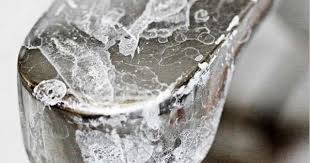

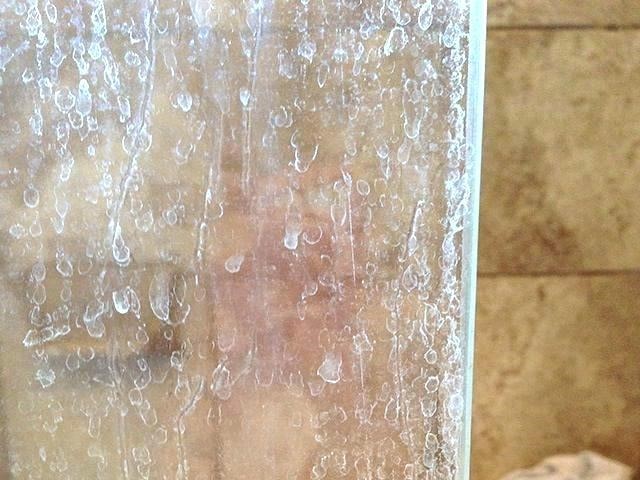



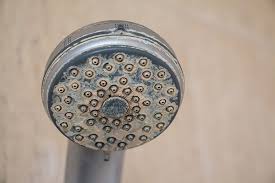
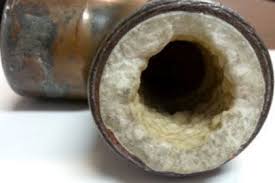
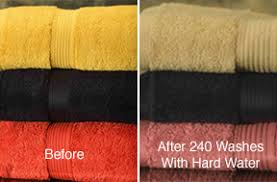

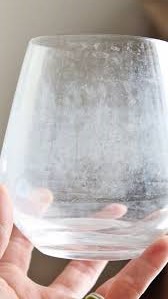
Comments